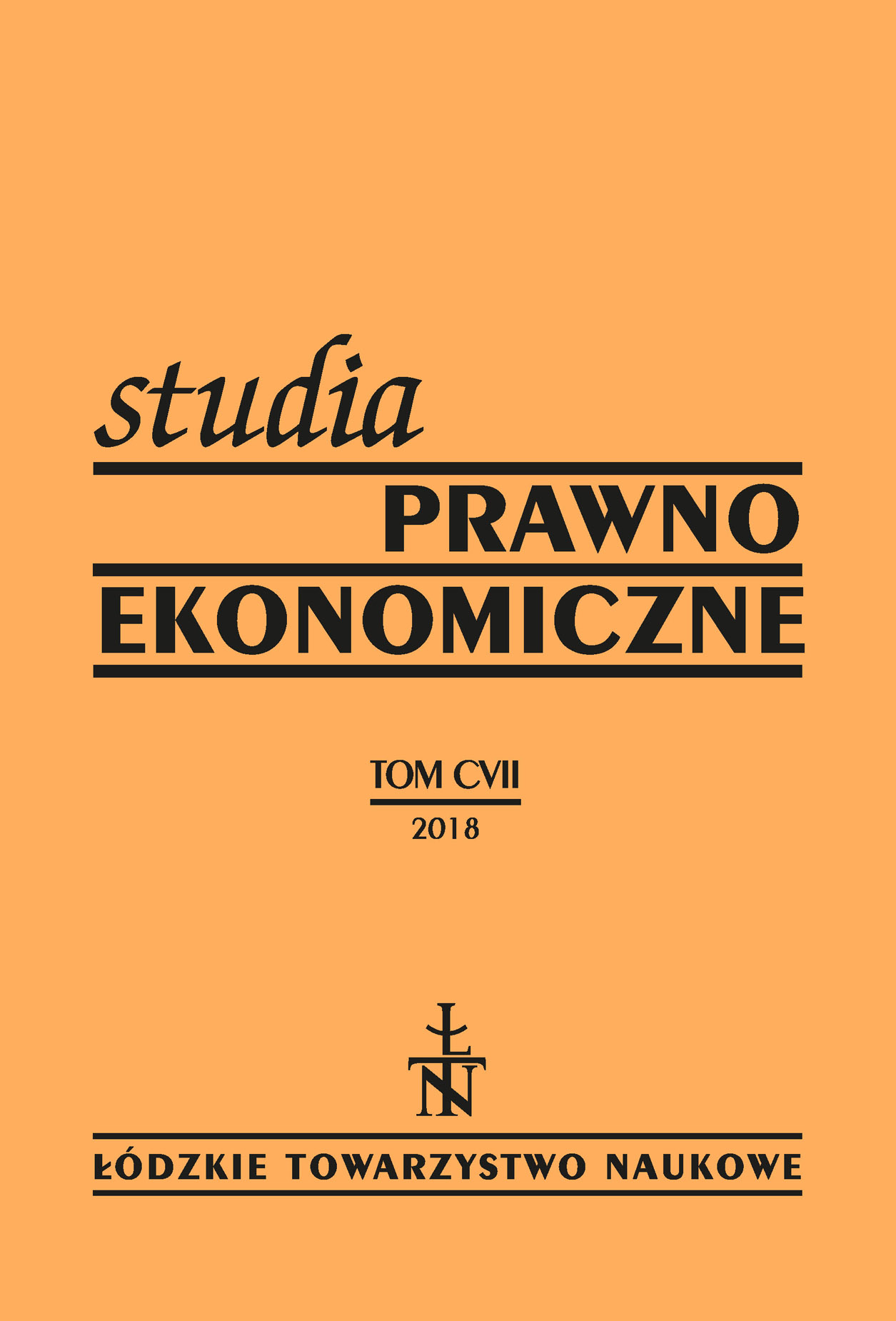Fiscal Policy Councils as a Tool for Improving the Quality of the Fiscal Policy
DOI:
https://doi.org/10.26485/SPE/2018/107/14Keywords:
Public finance sustainability, public debt, deficit, deficit bias, fiscal rulesAbstract
Practice shows that politicians have a strong bias towards excessive deficits, and actual fiscal policy is often distant from the optimum described in the economics textbooks. Sub-optimal fiscal policy was one of the main factors that contributed to the depth of the economic downturn in some euro area countries during the global financial crisis. Fiscal rules were supposed to prevent such problems, but in practice, they failed. Their low efficiency prompts more and more economists to support the idea of fiscal policy councils – collegial bodies whose task is to improve the quality of the budgetary policy. According to International Monetary Fund data, 39 such councils now operate in the world. The purpose of this article is to present the concepts of fiscal policy councils discussed in the literature of the subject, analyze the characteristics of the councils currently operating, and to describe the experiences from their activities so far. The study uses the latest data from the International Monetary Fund’s Fiscal Council Dataset. The author also analyses what would be the best way of introducing a fiscal council in Poland.



